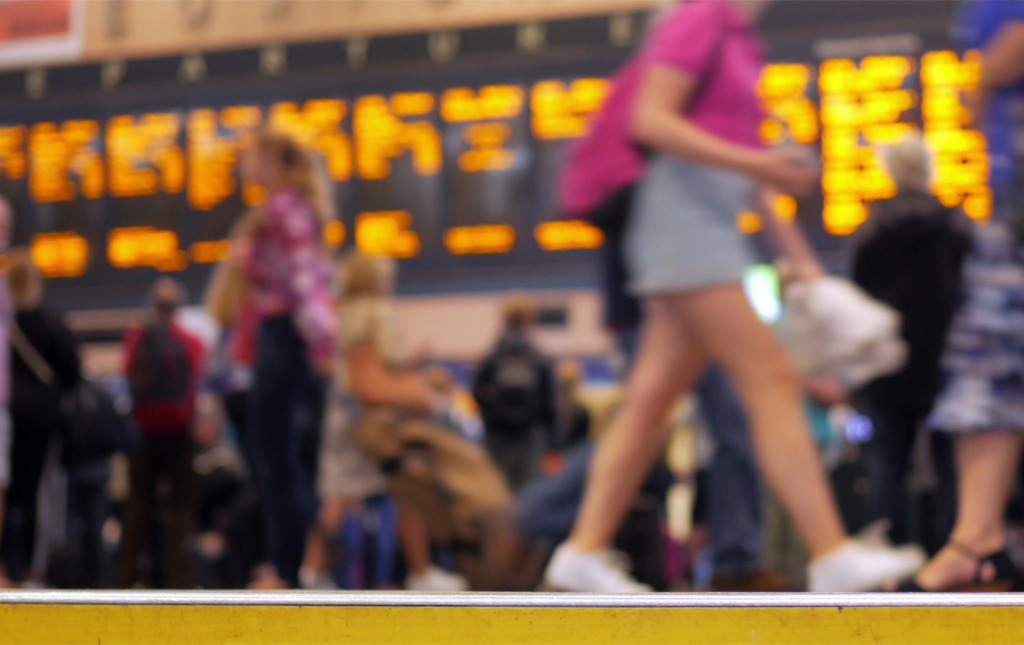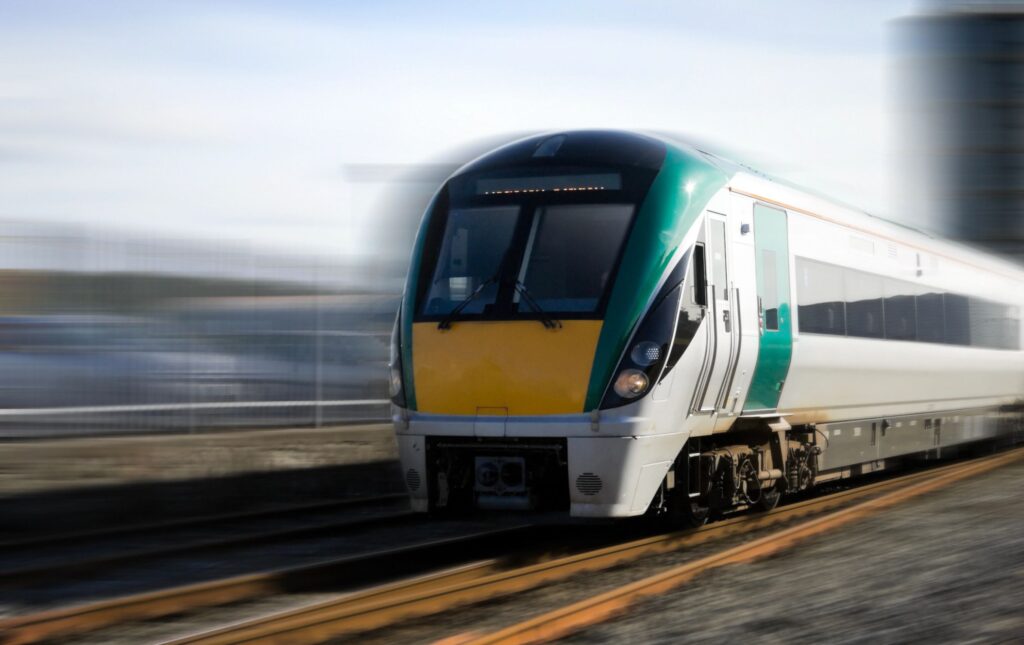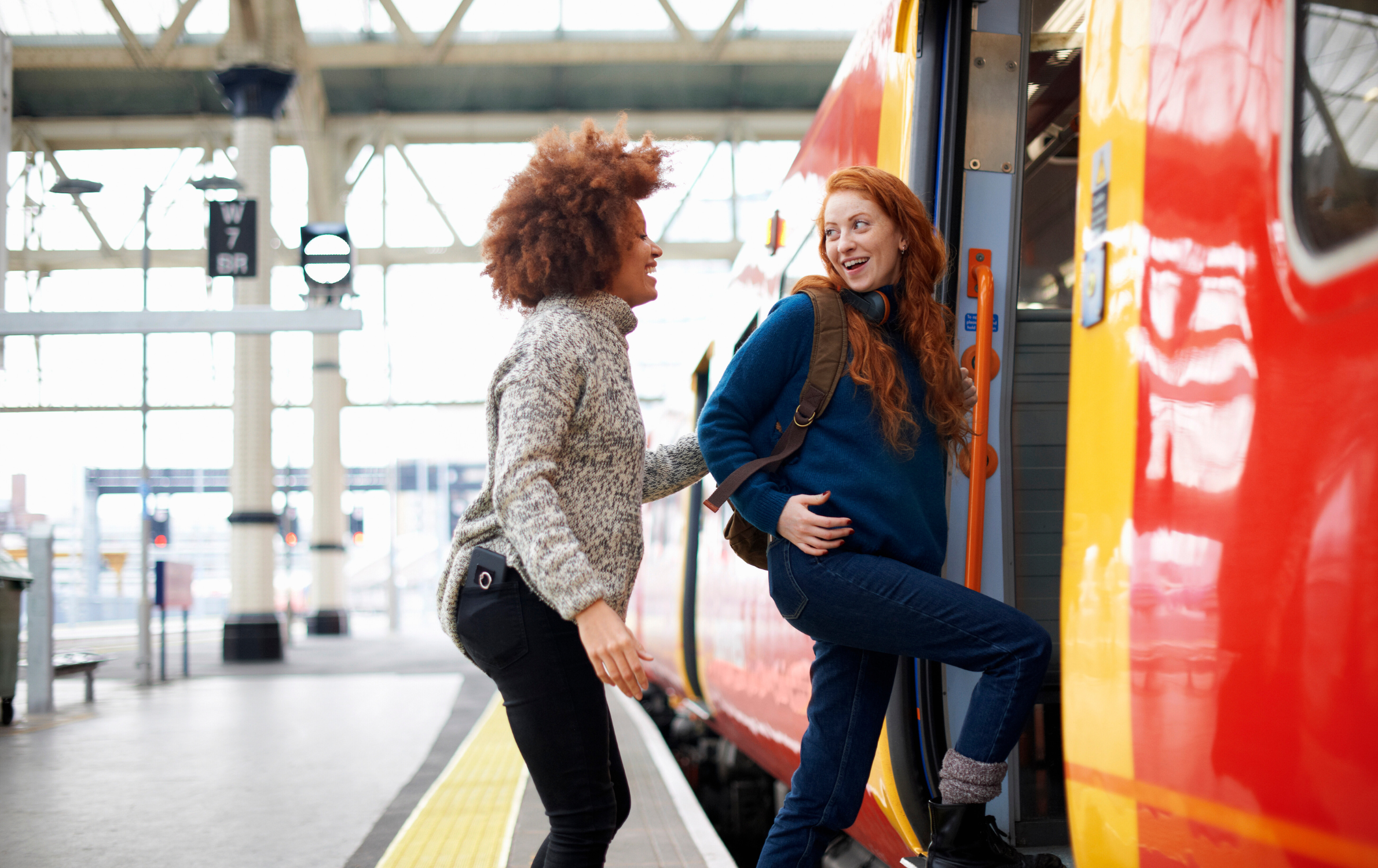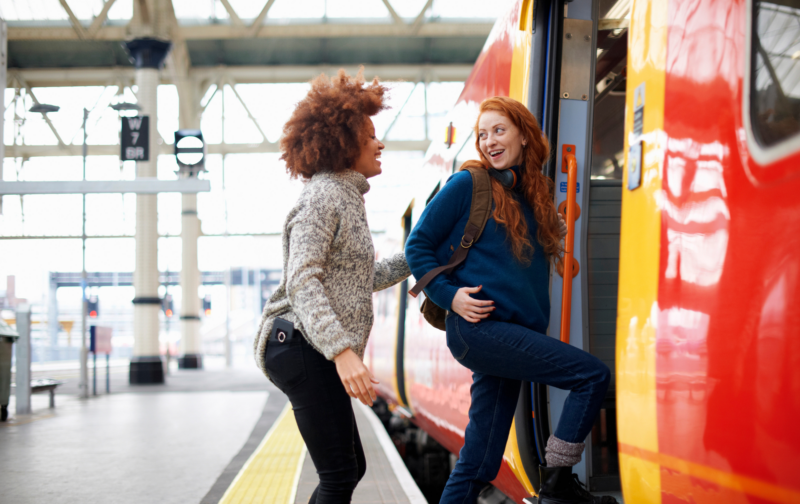SYSTRA UK & Ireland’s Chris Pownall, Business Development Director, reviews FirstGroup’s latest report Generation Rail on how the rail sector must adapt to changing lifestyle demands from younger people.
FirstGroup believes there is an enormous opportunity for rail to grow its market share of young people using the train and, in turn help deliver sustainable growth.
In July, at London’s Transport Museum, Covent Garden, FirstGroup launched its Generation Rail report – an initiative to encourage more 16 to 25-year-olds to travel by rail.
The ‘Generation Rail’ study was undertaken for FirstGroup by Field Research and specifically investigates 16-25-years-olds’ attitudes and preferences towards rail travel, and the potential barriers to making more use of rail services.
The name of the report aptly reflects FirstGroup’s aspiration to nurture a new generation that place rail at the centre of their travel needs, in contrast to previous generations whose travel behaviour revolved around the car. With just 25% of 17 to 20-year-olds holding a driving licence, and one in four saying they have no interest in driving a car, FirstGroup is convinced this age group holds the key to growing rail passenger demand – now at 90% of pre-Covid levels – to higher levels than ever before.
The report identifies three principles of success for this younger cohort:
- Reliable trains; trains that run on time and in line with the timetable. This was the most fundamental principle and underpins wider perception.
- Value for money; while affordability is key, participants also indicated that they were willing to pay more for better service, especially when comparing with other modes of transport.
- Consistent service offer; knowing what they will find when using the train, and the availability of amenities, especially, toilets and Wi-Fi on longer journeys.
At a headline level these findings are reassuringly predictable, but digging into the detail was insightful. For example, respondents cited not being able to trust rail as a means of attending evening events, for fear that the last train would be delayed or cancelled. A ‘last train guarantee’ was suggested as a key intervention that could improve confidence.

Participants who did drive also pointed to the availability of Sat Nav/traffic apps as a means of being able to take control and avoid delays, in a way that you can’t on rail.
Value for money perceptions were closely linked to reliability, with fares deemed too expensive for the level of service they were currently getting. Some participants indicated they would be willing to pay more for a service they could rely on and where at-station and onboard services were of a high standard. In comparing with other modes, rail still has the disadvantage that respondents do not perceive the full cost of travelling by car, ignoring aspects such as insurance, maintenance and road tax when weighing up the comparative cost of a journey.
The consistency issue focused heavily around trains themselves. Respondents felt unsure when booking what services would be available on board their train, and often felt anxious about trains not having working toilets, Wi-Fi, sockets, tables, catering or being short of carriages. A more consistent baseline specification for new trains was put forward as a way to address some of these uncertainties. With respect to stations, accessibility and safety were identified as key issues, with more visible staff presence being put forward as key to addressing both concerns.
Interestingly, the report ‘myth-busts’ a perception that environmental concerns are driving this group’s travel choices: it was evident this was very much second to core issues such as convenience and affordability.
The following four recommendations were made in the report:
- Enhancing railcard benefits such as unlocking ‘superfare-style’ offers.
- ‘Last train timetabling’ that protects the time of the last train home.
- Improve Wi-Fi connectivity and amenities on all new trains.
- Establish a young persons advisory panel to help shape the rail product.
Overall, the report didn’t offer many big surprises, but offers valuable insight into what really matters to this crucial demographic for the future of rail travel. A useful read and hopefully one that all those like SYSTRA, who are shaping tomorrow’s rail industry, pay close attention to.
Understanding the complex challenges and frustrations faced by public transport users and operators is what drives our experts at SYSTRA to find the most powerful solutions. Our Signature Teams provide expert advice to rail operators on every aspect of designing, developing and delivering an efficient, reliable and sustainable railway for everyone – from fares and ticket structures to investment decision-making and carbon reduction.

- services
Fares and Ticketing Strategy
Read more sur Fares and Ticketing Strategy
- services
Transport Service Quality Improvement
Read more sur Transport Service Quality Improvement
- markets


 Australia
Australia  Brazil
Brazil  Canada
Canada  Chile
Chile  China
China  Columbia
Columbia  Denmark
Denmark  Egypt
Egypt  France
France  India
India  Indonesia
Indonesia  Italy
Italy  Malaysia
Malaysia  New Zealand
New Zealand  Norway
Norway  Panama
Panama  Peru
Peru  Poland
Poland  Portugal
Portugal  Saudi Arabia
Saudi Arabia  Singapore
Singapore  South Korea
South Korea  Spain
Spain  Sweden
Sweden  Taiwan
Taiwan  Thailand
Thailand  Türkiye
Türkiye  United Kingdom
United Kingdom  United States
United States  Vietnam
Vietnam